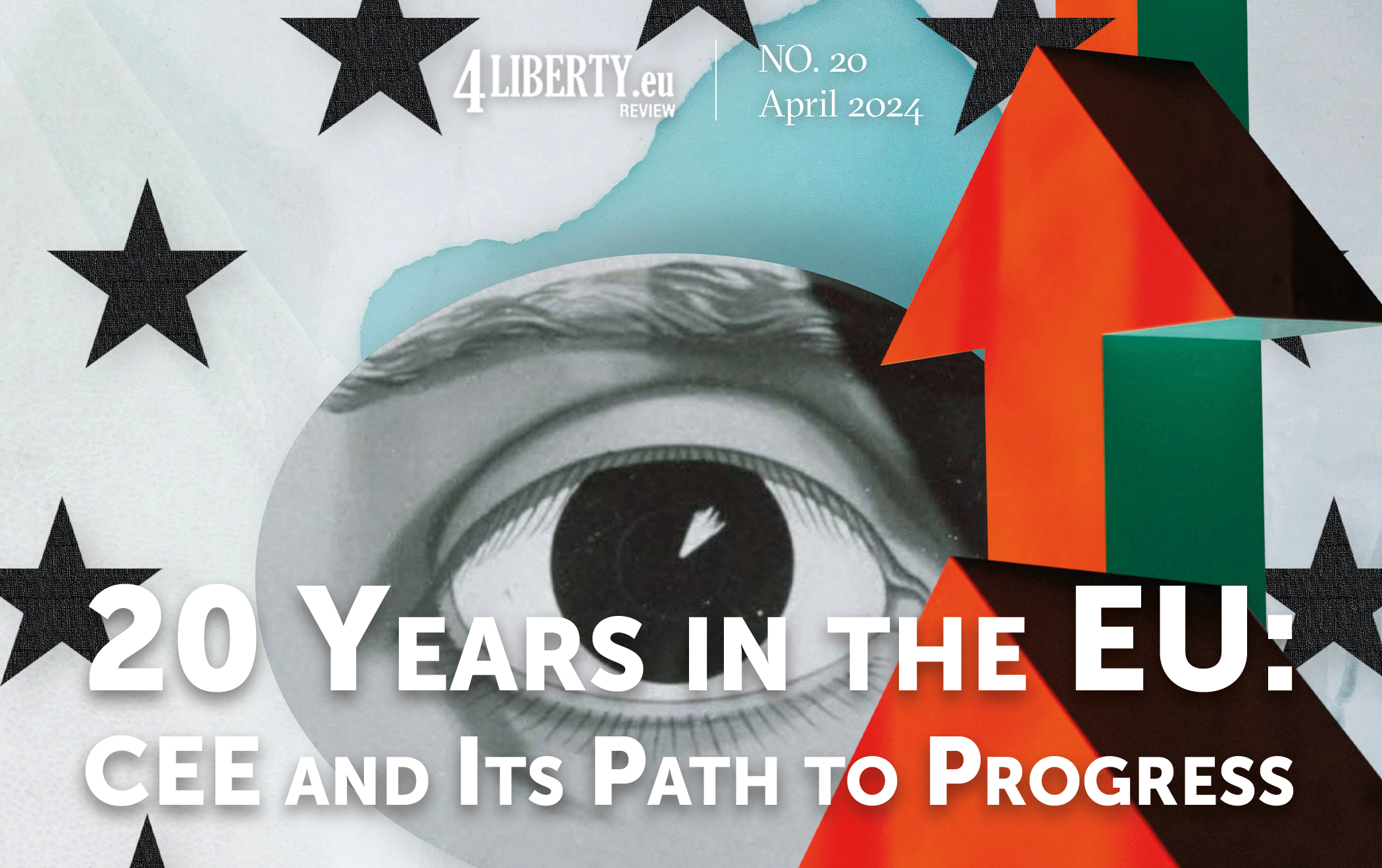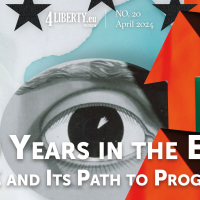
Croatia has been on quite a journey – from the initiation of its European Union (EU) accession process in 2000, to its 10th anniversary celebration as a full EU member in 2023. The accession process involved overcoming historical challenges, such as transitioning from socialism, defending against aggression, and addressing issues related to war crimes and reconciliation. Despite facing hurdles, Croatia successfully joined the EU in 2013, marking a turning point in its economic landscape.
The economic transformation post-accession is evident in positive changes, including workforce growth (from 1,364,298 in 2013 to 1,653,778 in 2023, thus a little under 290,000 people), reduced unemployment rates (from 20.2% in 2013 to 6.5% in 2023), and increased average net salaries (from EUR 732 in 2013 to EUR 1,191 in 2023). The industrial sector experienced robust growth, contributing to an 11.2% increase in the size of the Croatian industry by 2022. Croatia’s GDP witnessed the second-fastest growth in the EU (third after GDP revision), fueled by significant EU funds and membership in the Schengen area and Eurozone.
DOWNLOAD FULL ARTICLE (PDF):
10-IGOR ŠLOSAR A DECADE OF ACHIEVEMENT CELEBRATING CROATIA'S 10TH ANNIVERSARY
Croatia’s journey to EU membership has resulted in notable economic improvements and challenges, showcasing its commitment to European integration and the ongoing efforts required for sustained growth and development. In light of these developments, it is useful to examine Croatia’s economic transformation post-accession, emphasizing workforce growth, decreased unemployment rates, and increased average net salaries.
Moreover, it is crucial to understand Croatia’s accession to the Schengen Area and Eurozone, highlighting economic advantages, the impact on tourism, and the challenges associated with border management and immigration. Finally, let us address current and future challenges – including the 2024 elections, immigration issues, and the geopolitical impact of Russia’s aggression on Ukraine. Despite challenges, Croatia has experienced improved living standards, economic growth, and integration into the European project, making it a successful EU member.
Croatia’s Journey to EU Membership and Accession Process
On July 1, 2023, Croatia celebrated its 10th anniversary of being a full member of the European Union. It was a major foreign policy milestone, which made independent Croatia rejoin the cultural circle of European countries it left almost exactly a century ago, following the beginning of World War I. Croatia’s accession process lasted over a decade. The journey began with its first step in November of 2000, in the form of a summit in Zagreb. It gathered fifteen heads of states and governments of the European Union to open negotiations for the Stabilization and Association Agreement, which was signed on October 29, 2001.
Croatia applied for membership to the European Union on February 21, 2003. A total of thirteen meetings of the Intergovernmental Conference on the accession of the Republic of Croatia to the European Union were held at the ministerial level, and the negotiations were formally concluded on June 30, 2011, with the closing of all 35 negotiation chapters. The referendum on Croatia’s accession to the European Union was held on January 22, 2012, with 67% of citizens voting in favor of membership in the EU.
On July 1, Croatia formally joined the European Union. The Croatian path to Europe was neither easy nor comparable to any other. Defending against a militarily stronger aggressor, transitioning from socialism to a market economy, building democratic institutions, implementing reforms, and joining NATO and the EU were significant challenges. Croatia embarked on a distinctive path initially seen as unrelated to other potential EU candidates. Nevertheless, it ultimately resulted in Croatia obtaining EU candidacy.





















